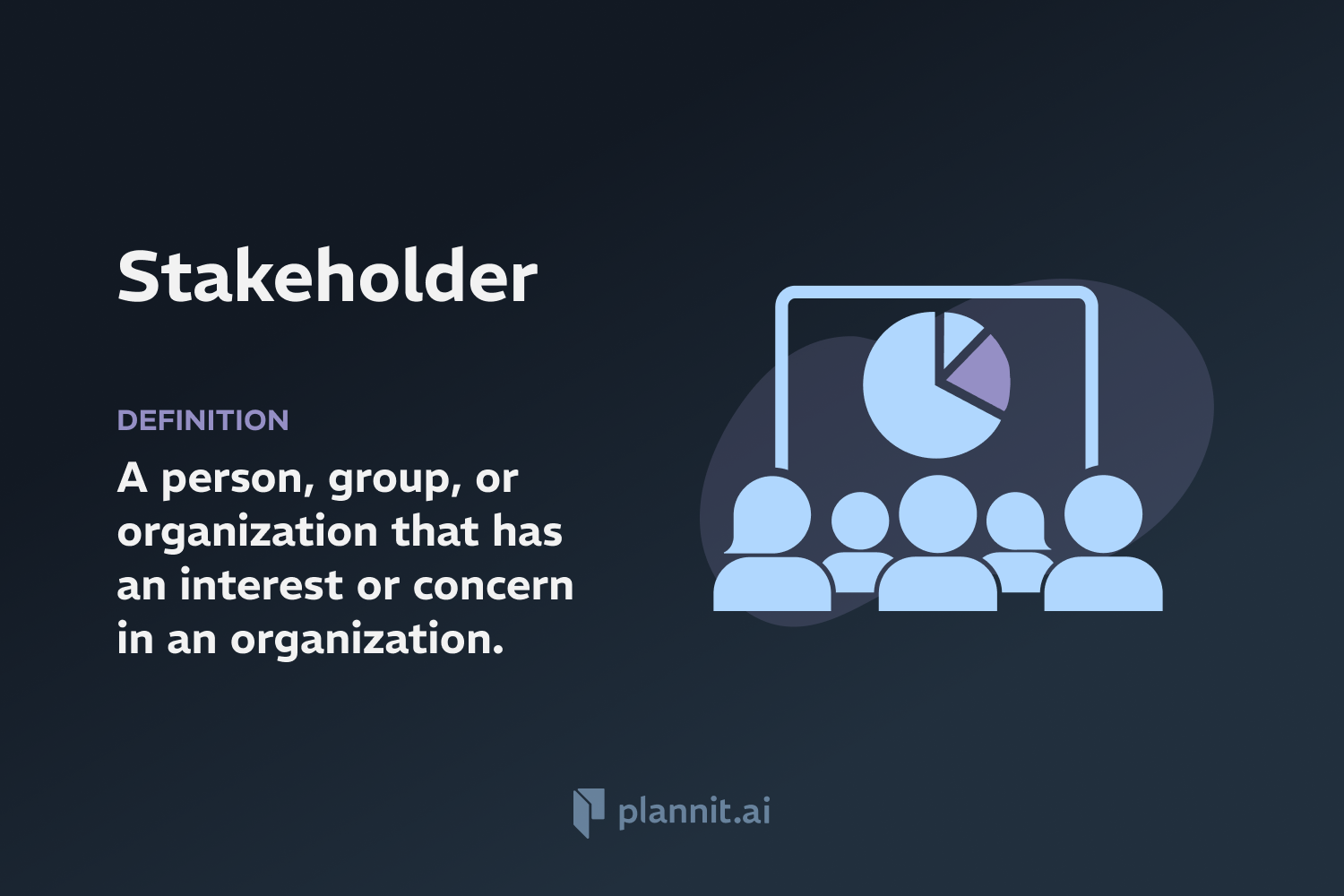Need Help With Your Business Plan?
Answer tailored questions and get a detailed business plan in minutes.
Hard Assets: Definition & In-Depth Explanation
Hard assets, also known as tangible assets, refer to physical and material assets owned by an individual or business. These assets include real estate, commodities like gold and oil, machinery, vehicles, and equipment. Unlike intangible assets such as patents, trademarks, or stocks, hard assets have intrinsic physical value and are generally considered to have a more predictable and stable price, especially in times of economic volatility.
Purpose:
The purpose of investing in or holding hard assets is to provide financial security, act as a hedge against inflation, and diversify investment portfolios. Hard assets are perceived to retain value and, in many cases, appreciate over time, making them a valuable component of wealth management and investment strategies. They are also important for business operations as they are essential for the production of goods and services.
Example:
A manufacturing company invests in high-quality machinery and owns its production facility. These hard assets not only contribute to the productive capacity of the business but also add to the company’s asset base, enhancing its borrowing capacity and financial stability. Similarly, an individual might invest in real estate properties that provide rental income and potential for appreciation in value over time.
Related Terms:
Liquid Assets: Assets that can quickly and easily be converted into cash without significant loss of value. Examples include cash itself and marketable securities.
Depreciation: The reduction in the value of a tangible asset over its useful life due to wear and tear, age, or obsolescence.
Capital Expenditure (CapEx): Funds used by a company to acquire, upgrade, and maintain physical assets such as property, industrial buildings, or equipment.
Asset Allocation: An investment strategy that aims to balance risk and reward by apportioning a portfolio's assets according to an individual's goals, risk tolerance, and investment horizon.
FAQs:
Why are hard assets considered a good investment during inflation?
During inflation, the value of currency decreases, but hard assets, which have intrinsic value, tend to retain or increase in value, thus preserving the purchasing power of money invested in them.
Can the value of hard assets decrease?
Yes, while hard assets generally retain value, they can depreciate due to factors like increased supply, decreased demand, technological changes, and environmental or regulatory changes.
What are the disadvantages of investing in hard assets?
Hard assets can be less liquid, meaning they may not be quickly sold without a significant price reduction. They also require maintenance, and there may be additional costs such as taxes, insurance, and storage.
How do hard assets differ from soft assets?
Hard assets are physical and tangible, whereas soft assets (or intangible assets) such as patents, copyrights, and brand value are non-physical. Both types of assets add value to a business but in different ways.
Are hard assets always physical objects?
Yes, by definition, hard assets are always physical objects that you can see and touch, such as land, buildings, machinery, or commodities like gold and oil.
Get funding with a business plan that will impress investors.
Starting a New Business?



